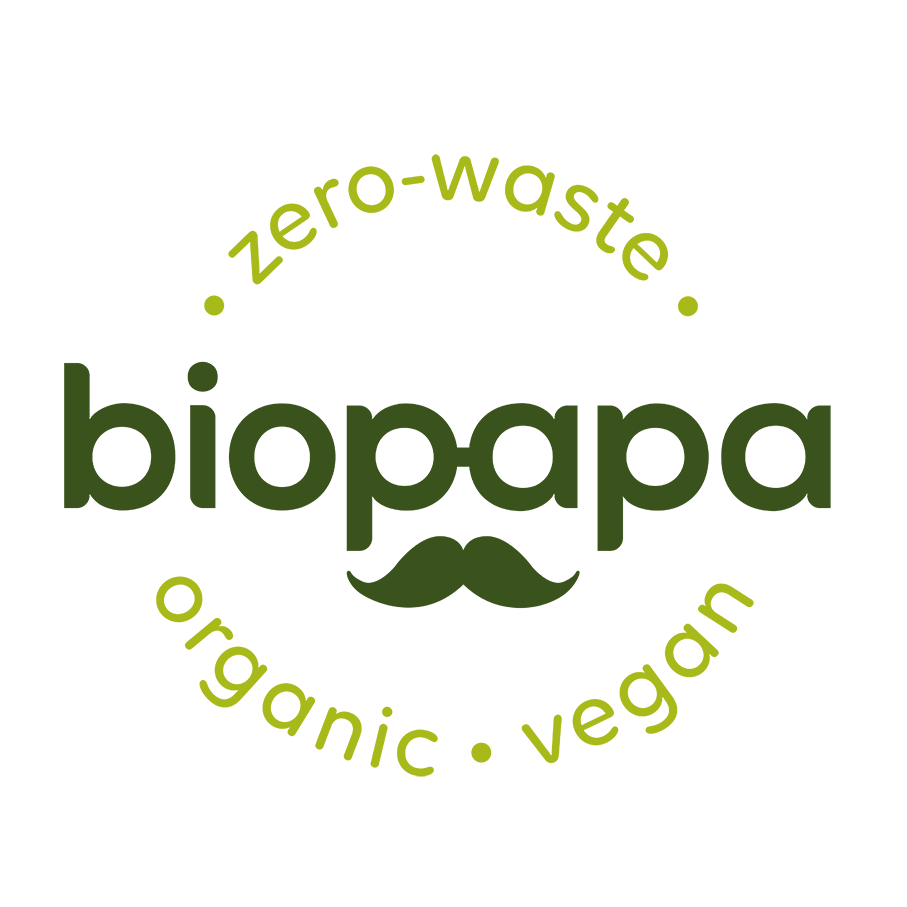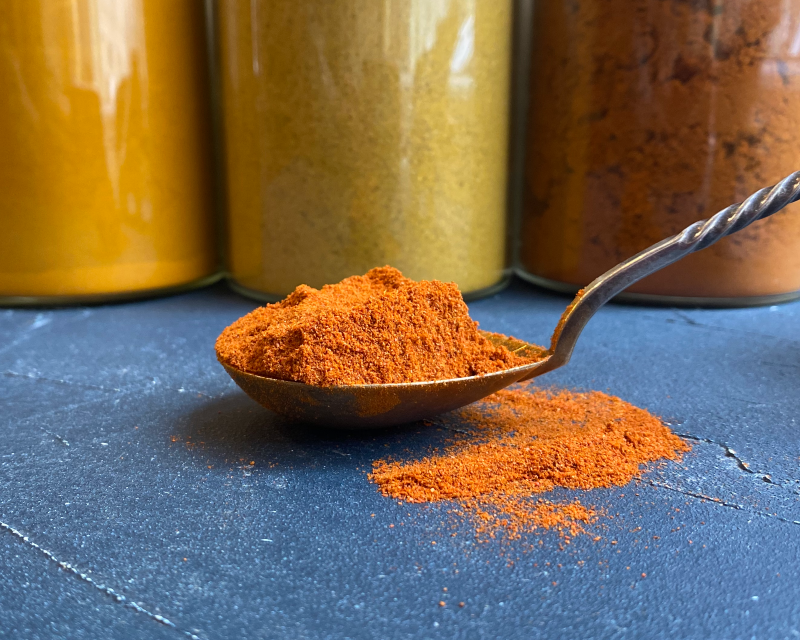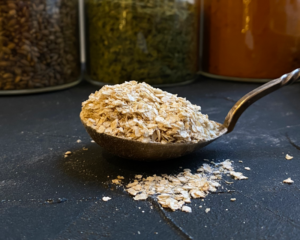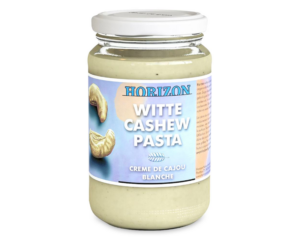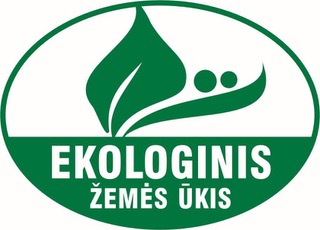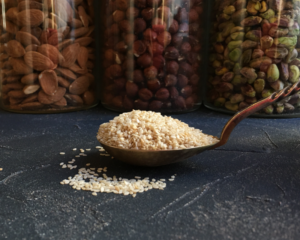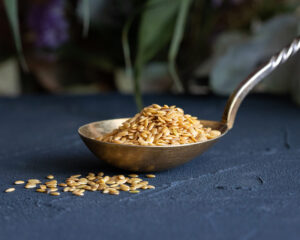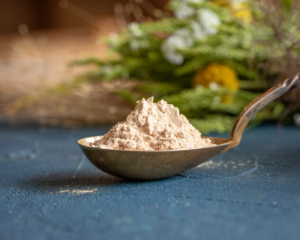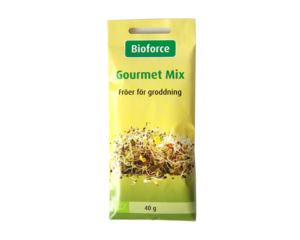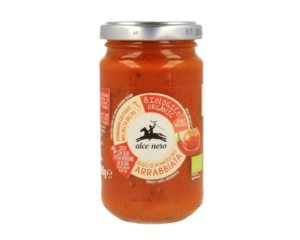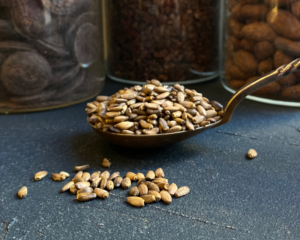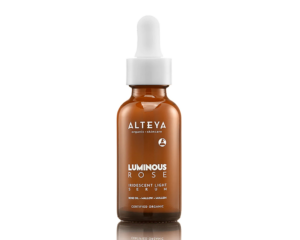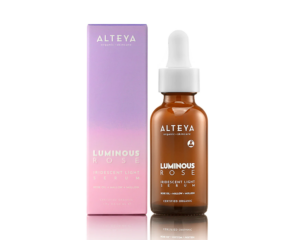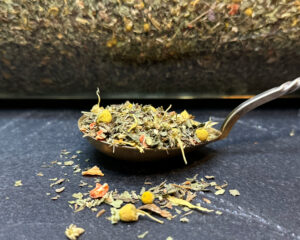Organic ground sweet paprika
From 2.70€
The pepper originated in central Mexico and was brought to Spain by returning explorers in the 16th century. century. Its popularity and cultivation spread throughout Europe, especially in Hungary, where paprika became the cornerstone of Hungarian cuisine. The word ‘paprika’ itself in Hungarian comes from the Latin word ‘piper’ or the Serbian and Croatian word ‘papar’, which means pepper, reflecting its flavour. Over the years, Hungary bred a variety of peppers, from the sweet to the very spicy, which are still used in national dishes today. Peppers have become a favourite spice in many kitchens around the world. Nowadays, peppers are produced in a number of countries, notable among them Hungary, Spain, Serbia and the United States. Each region produces different varieties that add unique flavours and colours to local and international dishes, making peppers a globally recognised and versatile spice.
Not only does sweet paprika powder give dishes a red colour and sweet spicy flavour, it also has a number of health benefits. It is rich in antioxidants such as beta-carotene, capsaicanthin and quercetin, so it helps fight free radicals by reducing the risk of chronic diseases. Paprika is also an excellent source of vitamins A and E, and the vitamin B6 it contains contributes to nerve function and energy metabolism.
In the kitchen, sweet paprika is very versatile: it is often used in different culinary traditions as a spice in a variety of traditional and modern dishes. Its mild sweetness and depth of flavour enrich marinades, sauces and spice mixes, making it an essential spice in savoury as well as some sweet recipes.
Great for flavouring stews, sauces, soups and other dishes.
Fruity sweetness with a slightly salty taste.
Without artificial fragrances.
100% sweet red peppers
-
Store in a dry and cool place.
